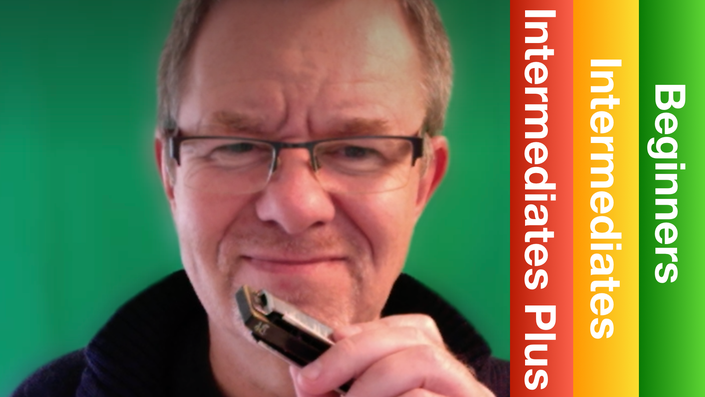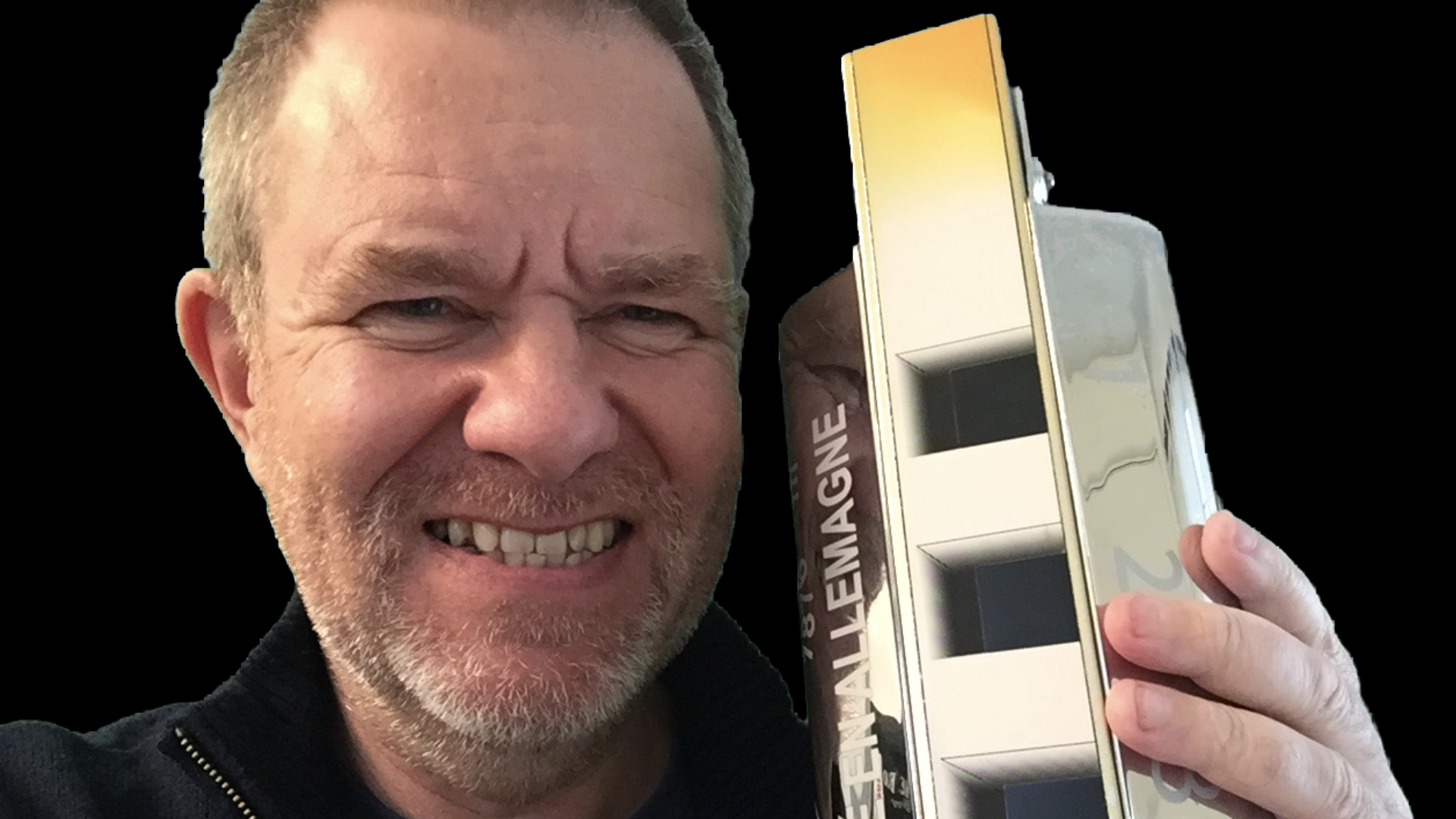
How to practice your harmonica to get amazing progress fast!
Learn this simple 5-part practice plan and supercharge your playing skills, confidence, impro ability, fun, & repertoire
Watch Promo to get a sneaky peek!
In this course you are going to learn how to practice the harmonica in order to ramp up your skills to enable you to play with other people or on your own with much more confidence.
- What will you learn? A five part practice plan - all details given
- What do you need for this course? You need a 10-hole diatonic harmonica in the key of C
- Who is this course for? This is for ALL harmonica players who want to progress fast
My system (make sure it is progressive):
1. Warm up - hahahoohoo (challenge yourself on speed and stamina), chugging, blues shuffle, trains (trumpet warm up)
2. Nuts and Bolts - one or two subjects a day - all techniques (make sure it is progressive)
3. Ear training - singing tunes, scales, intervals, improvising, recorded sound analysis, rhythms, random notes on two harps or more (if you can sing it you might be able to play it - otherwise not so much)
4. Repertoire - preparing and memorising progressively tricky/interesting tunes for performance
5. Fun - whatever fun is to you! And warm down
How, why, and when to practise your harmonica
Why is practice important in music?
A regular practice routine helps develop discipline, and aids in the development of music skills and better technique, fine motor skills and muscle memory. Students who practise regularly improve far more rapidly than those who practise sporadically.
Why should I practice my instrument?
Practice is the process of getting closer to achieving your musical goals. When we practice, we take elements of our playing that we find difficult, and play them carefully until they are easy. Once what you are practicing becomes second nature, playing your instrument becomes a lot of fun.
How can I learn music?
Practice playing chords, notes, and scales on your instrument. After you've mastered the concepts of notes, chords, and scales, learning how to produce these sounds with your instrument is the first step to learning how to play music. Start by practicing chords first, then move on to notes, and finally to scales.
What happens when someone practices a musical instrument?
Practice is the act of rehearsing a behaviour over and over, or engaging in an activity again and again, for the purpose of improving or mastering it, as in the phrase 'practice makes perfect'. ... Playing a musical instrument well takes much practice. It is a method of learning and of acquiring experience.
Your Instructor

Ben Hewlett is passionate about teaching people like you how to play the harmonica really well.
Ben's video courses are available here. If you prefer personal coaching and mentoring from Ben, please visit www.harmonicamastery.com.
He works hard using his teaching skills to figure out how he can help you get better as a player, understand more, have more fun, and he hopes you will enjoy sharing his love of the harmonica and music in general.
He has attracted over 68,000 on-line harmonica students with 95,000 courses purchased and has nearly 15 thousand Youtube subscribers showing nearly 2 million views. They can't all be wrong!
Ben is the ex-Vice-President and ex-Chairman of HarmonicaUK - the community for UK harmonica players
He has been a full-time Professional Harmonica Instructor since 1995
Ben is a qualified harmonica teacher and was awarded the Accredited Diatonic Harmonica Teacher Certificate in 1993 - HTAB (Harmonica Teachers Accreditation Board, supported by Lee Oskar Harmonicas, HarmonicaUK and the International Harmonica Organisation)
Ben worked with Rockschool to help set up a framework for their Harmonica curriculum https://www.rslawards.com/shop-graded-music-books/
Ben is a qualified music workshop leader and was awarded the Certificate of Music Workshop Skills (Goldsmiths University of London) in 1995
As a qualified music teacher Ben was awarded the Certificate of Teaching - Associated Board of the Royal Schools of Music in 2002 (CTABRSM)
